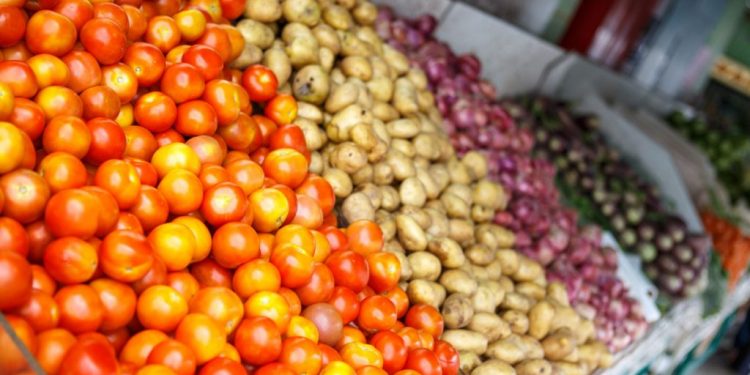Overview of Recent Trends in Food Prices
The prices of two essential food staples—potatoes and rice—have begun to decline following a period of stability. Potato prices have dropped by 8% over the past 20 days, primarily due to an oversupply situation resulting from a temporary halt on interstate movement imposed by West Bengal. Similarly, rice prices have decreased due to favorable kharif crop expectations and intensified global competition impacting export prices.
After maintaining steady rates for the last three months, potato prices have recently decreased as cold storage facilities in Uttar Pradesh and West Bengal become overloaded with potatoes that must be sold before November. Prices that were at ₹36 per kg just 20 days ago have fallen to ₹34 per kg.
In late July, West Bengal’s chief minister suspended the interstate movement of potatoes, preventing trucks from transporting potatoes from Uttar Pradesh to northeastern states, which led to an oversupply and subsequent price drops. Although the chief minister announced a temporary allowance for interstate trade for seven days last Tuesday, the earlier ban has already disrupted the supply chain, causing concern among potato traders in Uttar Pradesh.
Traders report that 50% of their total production of 163 lakh tonnes remains in cold storage, with expectations that prices will continue to decline in the coming weeks. Arvind Agarwal, general secretary of the Federal Cold Storage Association of India, noted that new potato crops from Maharashtra and Chhattisgarh are expected soon. He emphasized the need to liquidate existing stocks, stating, “The West Bengal government’s decision to halt interstate movement has compelled states like Assam, Odisha, and Bihar to seek alternative potato sources, leading to falling prices.”
Patit Paban De, a member of the West Bengal Cold Storage Association, confirmed that the state has stored 62 lakh tonnes of potatoes this year, with 12 lakh tonnes still remaining. He remarked that the state requires 4 lakh tonnes per month, and even after meeting local consumption needs, there will be significant stock remaining in cold storage, suggesting further price declines are likely.
In addition to potatoes, rice prices have also begun to drop as this year’s kharif crop is anticipated to be robust. Suraj Agarwal, CEO of RiceVilla, a rice exporting and marketing company, reported that retail prices for basmati rice have decreased from ₹75 per kg to ₹60 per kg over the past three months. The export market remains weak, with other countries offering rice at lower prices than India, which has established a minimum export price of $950 per tonne for basmati rice.
As the market adjusts to these supply dynamics, both potato and rice prices are expected to continue fluctuating in response to changing conditions.































